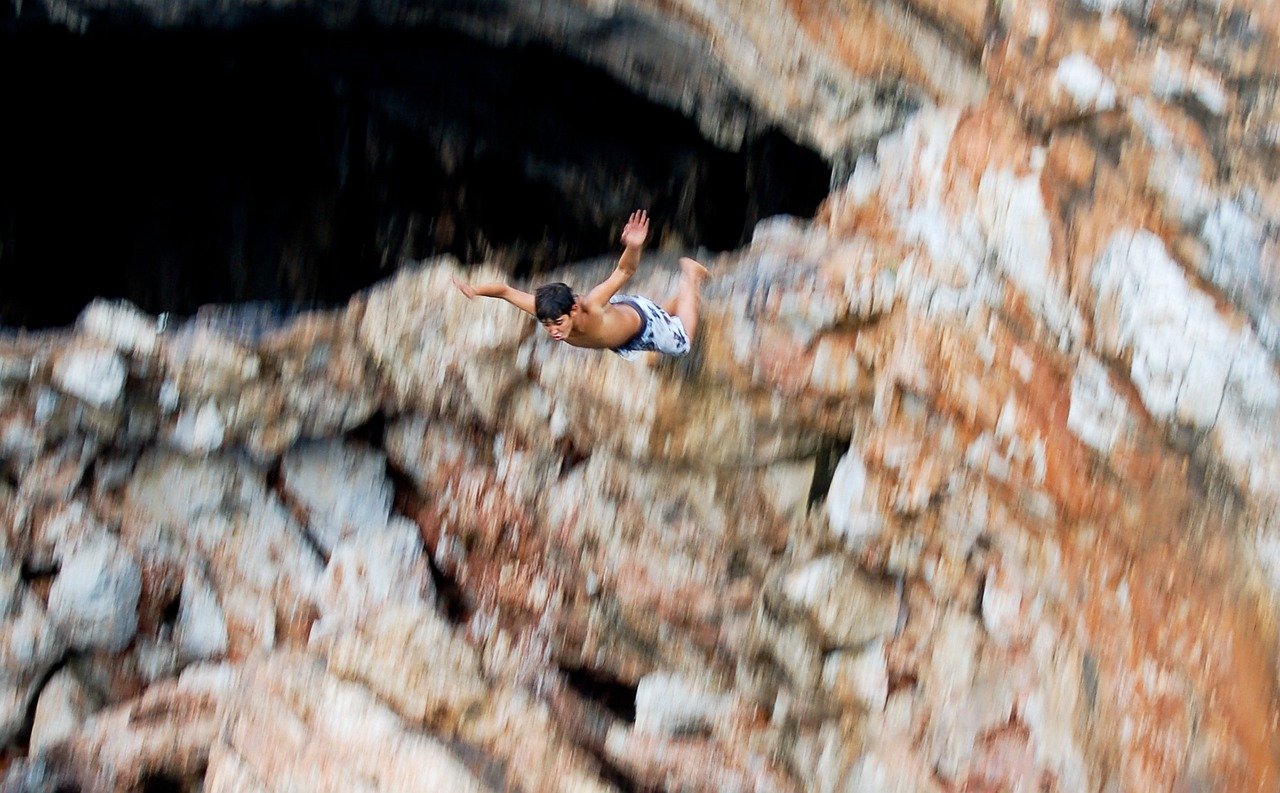Have you ever wondered if jumping into a cold plunge while feeling under the weather is a good idea? You might be surprised to learn that the relationship between cold exposure and illness isn’t as straightforward as it seems.

Understanding Cold Plunges
Cold plunges have gained popularity for promises of improved recovery, boosted metabolism, and enhanced mental clarity. The practice involves immersing your body in icy water, usually around 50 to 59 degrees Fahrenheit (10 to 15 degrees Celsius), for a short period.
What Happens to Your Body During a Cold Plunge?
When you immerse yourself in cold water, your body undergoes a series of reactions. Initially, your heart rate increases and your blood vessels constrict. This response is known as vasoconstriction, which temporarily reduces blood flow to the skin and extremities, helping to preserve core body temperature. Once you get out, the opposite occurs—vasodilation kicks in, enhancing blood flow and potentially speeding up recovery.
The Benefits of Cold Plunges
-
Reduced Inflammation: Cold exposure can help minimize inflammation, making it popular among athletes after intense workouts.
-
Enhanced Recovery: Many swear by cold plunges for faster recovery post-exercise, as reduced inflammation can lead to decreased muscle soreness.
-
Mental Clarity: There’s a rush of endorphins and a feeling of invigoration after a cold plunge, which can help improve your mood and focus.
-
Boosted Immune Function: Some studies suggest that regular cold exposure might enhance your immune system over time.
While these benefits are appealing, it’s essential to consider how your body reacts when you’re sick.
Can You Cold Plunge When Sick?
The big question: Can you plunge into icy water while your body is fighting off an illness? The answer isn’t simple and may depend on various factors.
Factors To Consider
Type of Illness
Understanding the nature of your illness is crucial. Are you experiencing mild cold symptoms, like a runny nose and slight fatigue, or more severe symptoms like a fever or significant fatigue?
-
Mild Illness: If you’re only mildly affected, a brief cold plunge might invigorate you and potentially support recovery.
-
Severe Illness: If you’re running a fever, experiencing body aches, or feeling very fatigued, plunging into cold water may not be the best idea. Your body is already working hard to heal, and extreme temperature exposure could stress it further.
Duration and Timing
How long you plan to stay in the cold water matters. A short, controlled exposure might be helpful, while prolonged exposure could overwhelm your system when you’re ill.
Timing is another consideration—while some people believe that cold exposure can ‘reset’ the immune system, if you’re already feeling low, an icy plunge might exacerbate feelings of weakness.
The Immune System Response
When you’re sick, your immune system is in overdrive, battling pathogens. Cold exposure can trigger certain responses in the body, but whether those responses are beneficial or harmful when you’re ill is still a matter of debate.
Research Insights
While some research suggests that cold exposure can stimulate the immune system, other studies indicate that exposure to cold during illness can lead to an increased risk of complications, particularly if your body is already struggling.
Cold Plunge Alternatives When Sick
If you’re feeling under the weather but want to experience some of the benefits a cold plunge can offer, consider gentler alternatives.
Contrast Showers
Instead of jumping straight into a cold plunge, try a contrast shower. You can alternate between hot and cold water, which encourages circulation without the shock of icy water. This method helps improve blood flow and might help you feel a bit more energized without pushing your body too hard.
Warm Baths
A warm bath might seem counterintuitive, but it can be relaxing and help soothe aches. Pair it with essential oils like eucalyptus for an invigorating experience.
When to Avoid Cold Plunges
Whether you’re feeling sick or just considering a cold plunge, there are circumstances when it’s best to steer clear.
Signs You Should Skip the Cold Plunge
-
Fever: Running a fever indicates your body is already stressed. Cold exposure can shock your system at a time when it needs warmth and comfort.
-
Fatigue: If you’re feeling exceptionally tired or drained, your body may not respond well to the added stress of a cold plunge.
-
Severe Symptoms: Conditions like chills, severe coughing, or gastrointestinal distress should keep you away from icy waters.
-
Recovery from Surgery or Injury: If you’re healing from surgery or have suffered a significant injury, jumping into cold water can complicate your recovery.
Recovery Considerations
Recovery is personal. While one person may thrive from a cold plunge after a few sniffles, another could find themselves feeling worse off—it pays to listen to your body.
How to Safely Incorporate Cold Exposure
If you’re keen on incorporating cold exposure into your routine, consider doing it mindfully, especially if you are recovering from an illness.
Gradual Exposure
Instead of diving straight into a cold plunge, try gradually exposing yourself to cooler temperatures. You can start with cold showers or splash your face and hands with cold water. This gradual exposure allows your body to adjust and could result in a more favorable experience.
Listen to Your Body
The best gauge of what works for you is how your body responds. Pay close attention to how you feel during and after any cold exposure. It’s essential to acknowledge your body’s signals—if it feels uncomfortable or overwhelming, it’s best to stop.
Consult a Healthcare Professional
If you’re unsure about cold plunges while sick, consulting a medical professional can provide you with personalized guidance. They can help evaluate your specific situation and offer advice based on your health and symptoms.

Conclusion
While the allure of a cold plunge is strong, especially with its promising benefits, when you’re fighting off an illness, it’s crucial to tread carefully. Your body is a complex system responding to various stressors, and adding temperatures into the mix can either assist or hinder your recovery.
Remember that while cold plunges can be invigorating and beneficial for some, they aren’t a one-size-fits-all solution—especially when sickness is involved. Prioritize your health, listen to your body, and consider alternatives if you’re feeling under the weather.
So, the next time you’re feeling sick and contemplating a cold plunge, take a moment to assess your symptoms. Ask yourself if it’s truly what you need right now. Your well-being should always come first.

